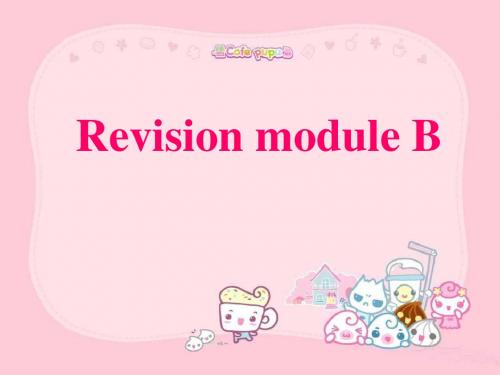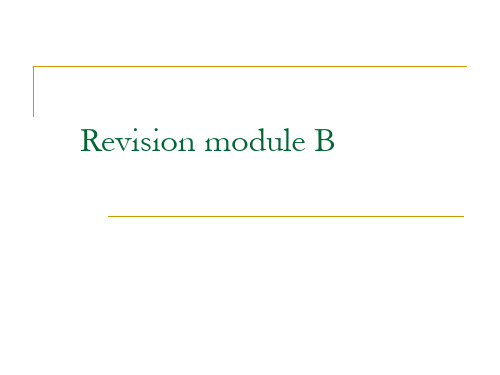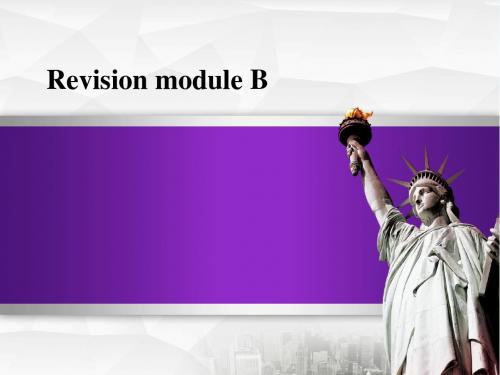
6. Complete the conversation with at, in, on or to. A: Would you like to come to my house on Sunday? (1)___ B: Yes? What time? at eight o’clock? A: Can you make it (2)___ B: Good. Who is coming too? A: Zhang Hua and Li Ming. in the morning B: Let’s listen (3)___ to music (4)___ in the afternoon. and play basketball (5)___ A:OK. Would you like to go to the cinema (6)___ in the evening? B:Great!
介词又叫做前置词(是prepositions,简 称prep.) ,一般位于名次之前。是一种虚 词,在句子中不做任何成分,如 at, in, on, about, above, for, from, with ;一些常用 介词的搭配力特别强,可以用来表示各种不 同的意思, 英语里大部分习语都是由介词和 其他词构成的。介词在句中一般不重读。
A: Are they playing yangge? B: No, they aren’t. A: What are they doing? B: They are playing taijiquan.
5. Complete the passage with the correct form of the words in brackets.
The zebra doesn’t eat ( not eat ) meat. like 1.Bears ____(like) fish. doesn’t like 2. This bear ___________(not like) leaves. don’t eat eat) grass. 3. Tigers _______(not 4. Monkeys ____ live (live) in Asia, Africa and America. is 5.This monkey ___(be) from China. 6. Giraffes ____(eat) eat the leaves of the trees. don’t live 7. The zebra and elephant _________(not live) in America. are are 8.Tom and I ____(be) students and we__ (be) good friends. 9.The zebra _____(not be) from China. isn’t Is 10. ____(be) he an English boy?





